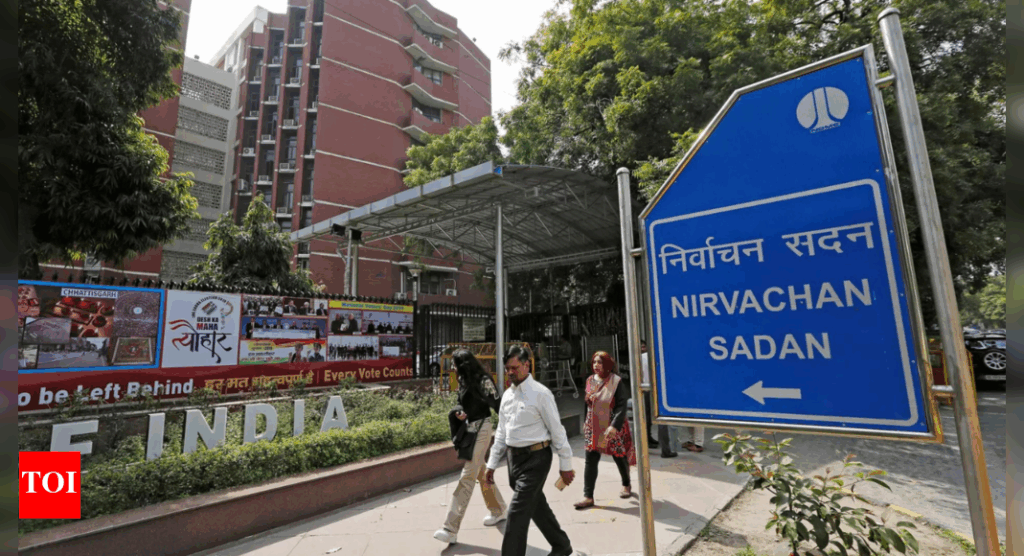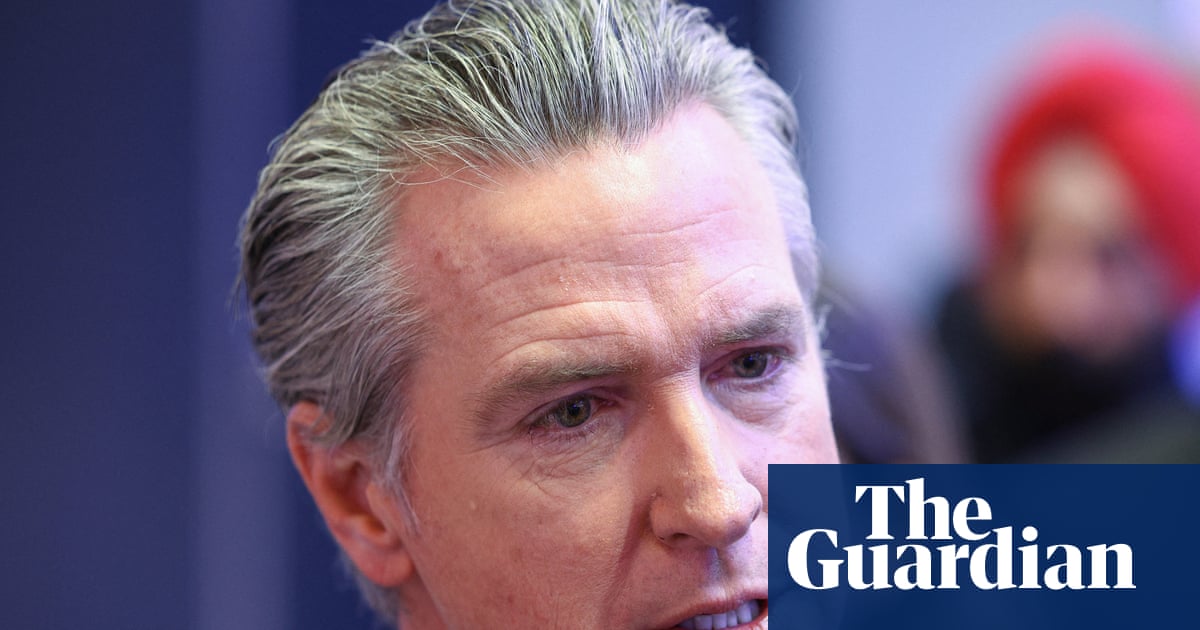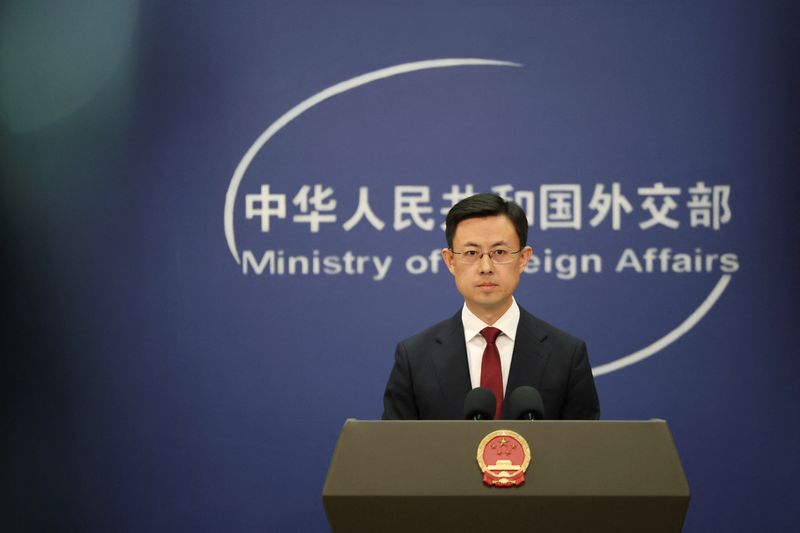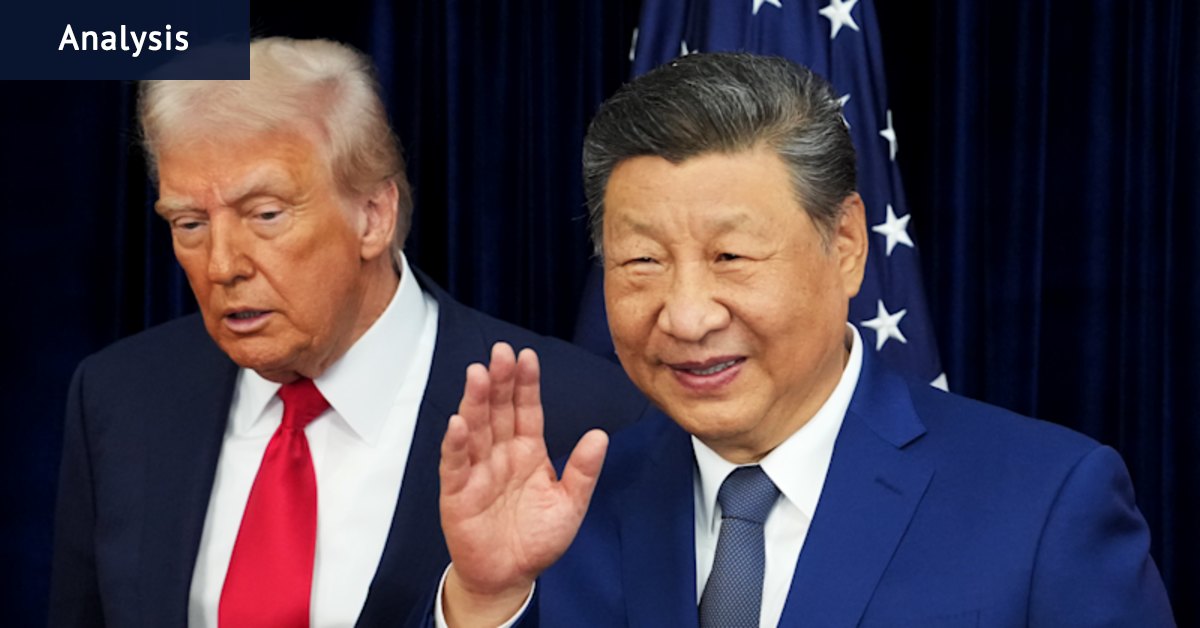
NEW DELHI: The Election Commission of India (EC) has reiterated its demand for Congress leader Rahul Gandhi to provide a signed declaration to the chief electoral officers of Karnataka, Maharashtra, and Haryana. This declaration would affirm his allegations of “massive voter fraud”. An EC official stated that if Gandhi does not comply, his only alternative is to “apologise to the nation for raising absurd allegations against the EC”.
“If Rahul does not sign the declaration, it would mean he does not believe in his analysis and resultant conclusions, and is making baseless allegations,” said an EC functionary. The three chief electoral officers had anticipated the submission of the documents along with the declaration by Thursday, but they are still waiting. Meanwhile, during a meeting with Karnataka Pradesh Congress Committee chief DK Shivakumar on Friday, the state CEO sought a similar declaration from him.
Background and Context
The demand for a signed declaration comes amid ongoing tensions between the Congress party and the Election Commission. Rahul Gandhi has been vocal about alleged irregularities in the electoral rolls, which he claims could affect the integrity of upcoming elections. However, the EC has consistently denied these allegations, emphasizing the robustness of its systems.
Justifying the condition placed on Gandhi to submit details of the alleged roll irregularities under oath, an EC officer explained, “Rahul has never signed any complaint made to EC. Whatever reply the commission has been giving is to some other entity from AICC, giving him scope to disown it later.”
EC’s Response to Allegations
The Election Commission on Friday also dismissed Gandhi’s recent accusation that the EC’s website was non-functional. “It’s functioning seamlessly since its launch,” the EC stated, adding that the electoral roll for all states can be downloaded from the website.
Another EC functionary noted that Gandhi had repeated a “tired” script at his press conference. On his demand for the electoral roll to be shared in a “machine-readable format”, the officer cited the Supreme Court’s rejection of a similar request by Congress’ Kamal Nath in 2018.
“In 2018, they tried to mislead SC by producing documents from a private website to demonstrate that the roll showed the same face for 36 voters. In reality, the defects were rectified four months before that and a copy of the corrected roll was supplied to the party. This was made a ground to seek rolls in a searchable PDF format, which was turned down by court,” an EC officer said.
Implications and Forward-Looking Analysis
The ongoing dispute between the Election Commission and Rahul Gandhi highlights the broader challenges of maintaining electoral integrity in a vast democracy like India. The EC’s insistence on a signed declaration underscores its commitment to addressing allegations with due process, while also protecting the institution’s credibility.
Experts suggest that this standoff could have implications for the Congress party’s strategy in upcoming elections. By refusing to sign the declaration, Gandhi risks undermining his own credibility, while an apology could be perceived as a retreat from his earlier stance.
Looking ahead, the resolution of this issue could set a precedent for how electoral disputes are handled in the future. As India prepares for its next round of elections, the integrity of the electoral process remains a critical concern for both political parties and the electorate.
In conclusion, the demand for a signed declaration from Rahul Gandhi by the Election Commission represents a significant moment in Indian electoral politics. Whether Gandhi complies or chooses to apologize could have lasting impacts on his political narrative and the broader electoral landscape.





